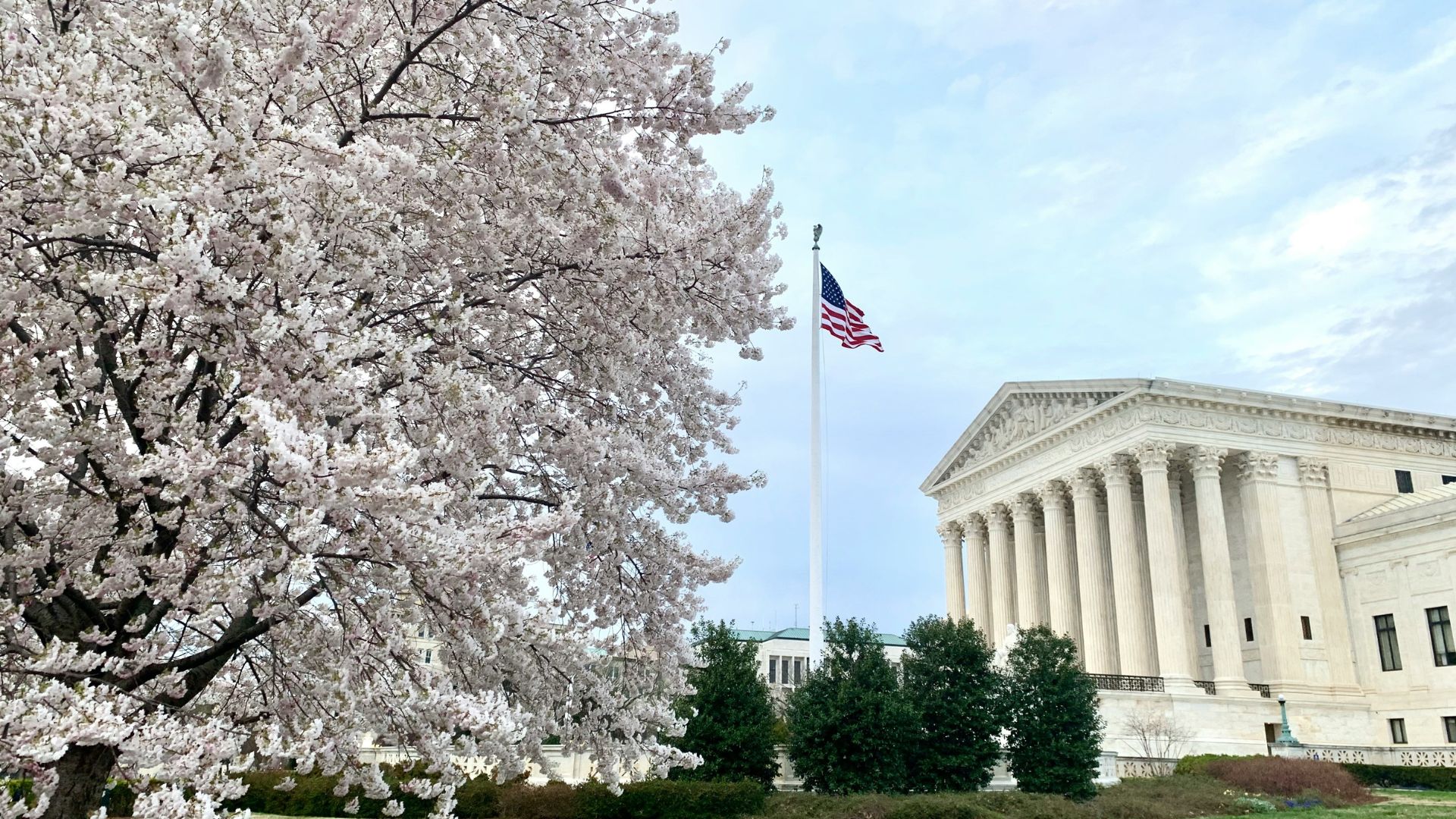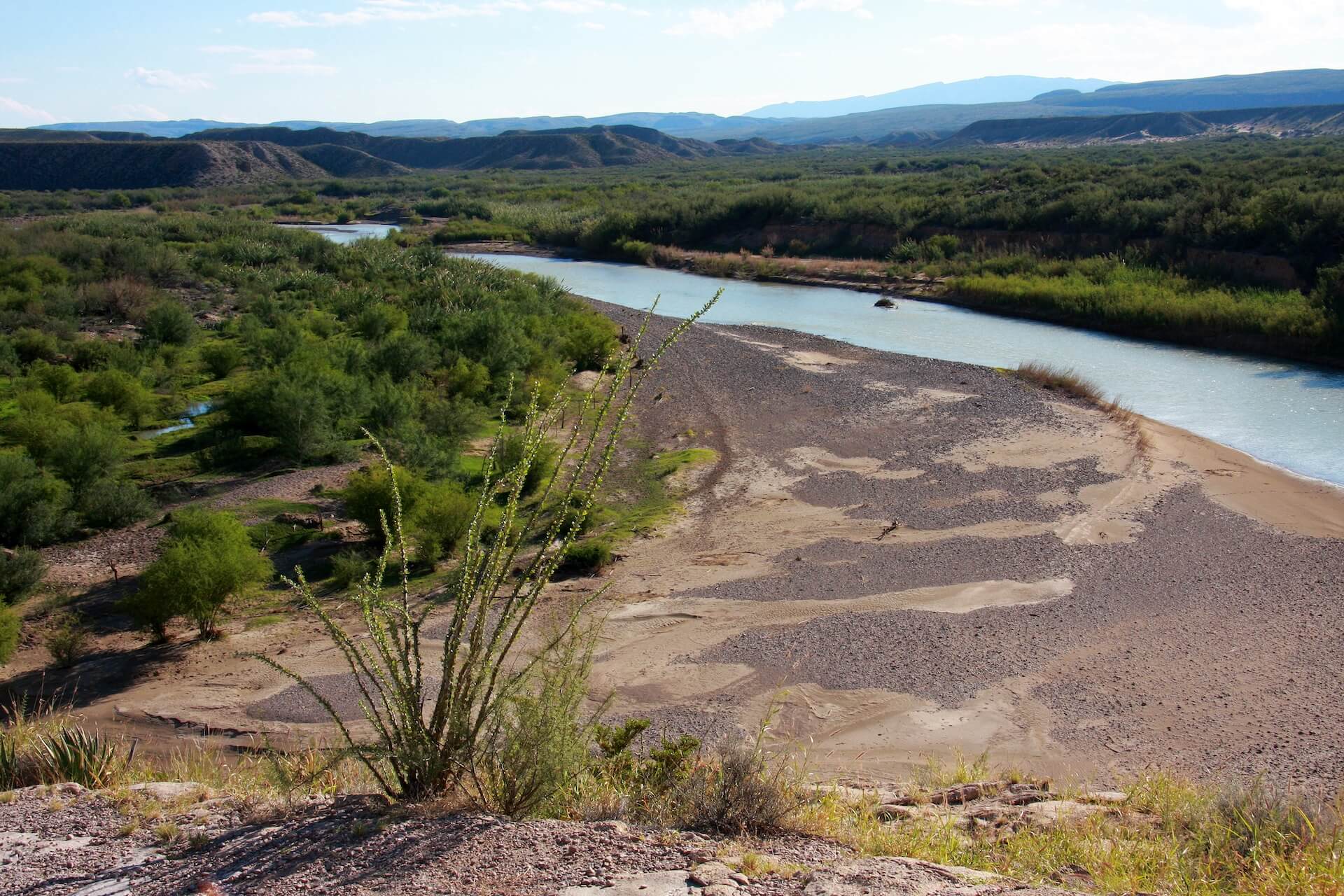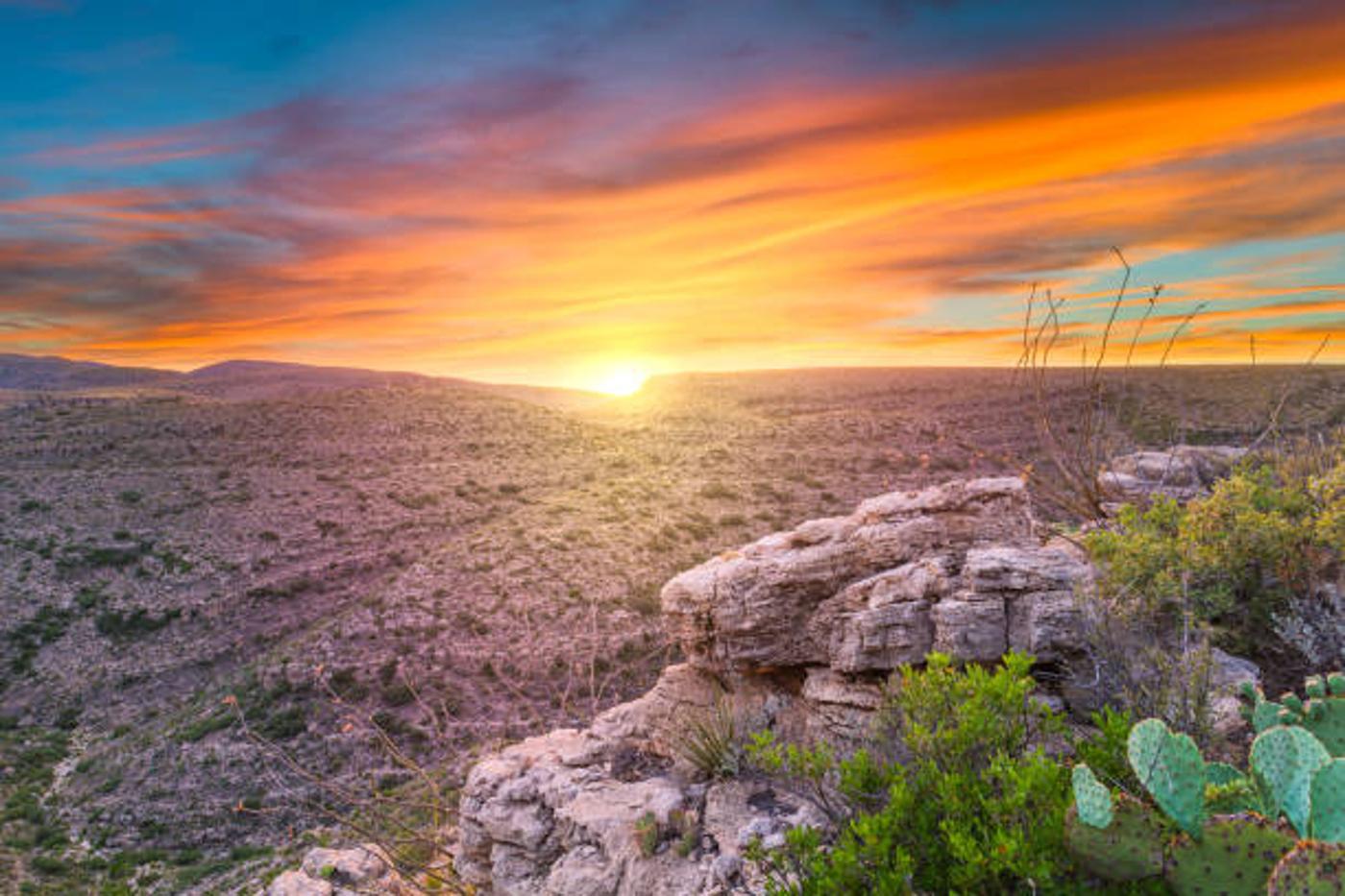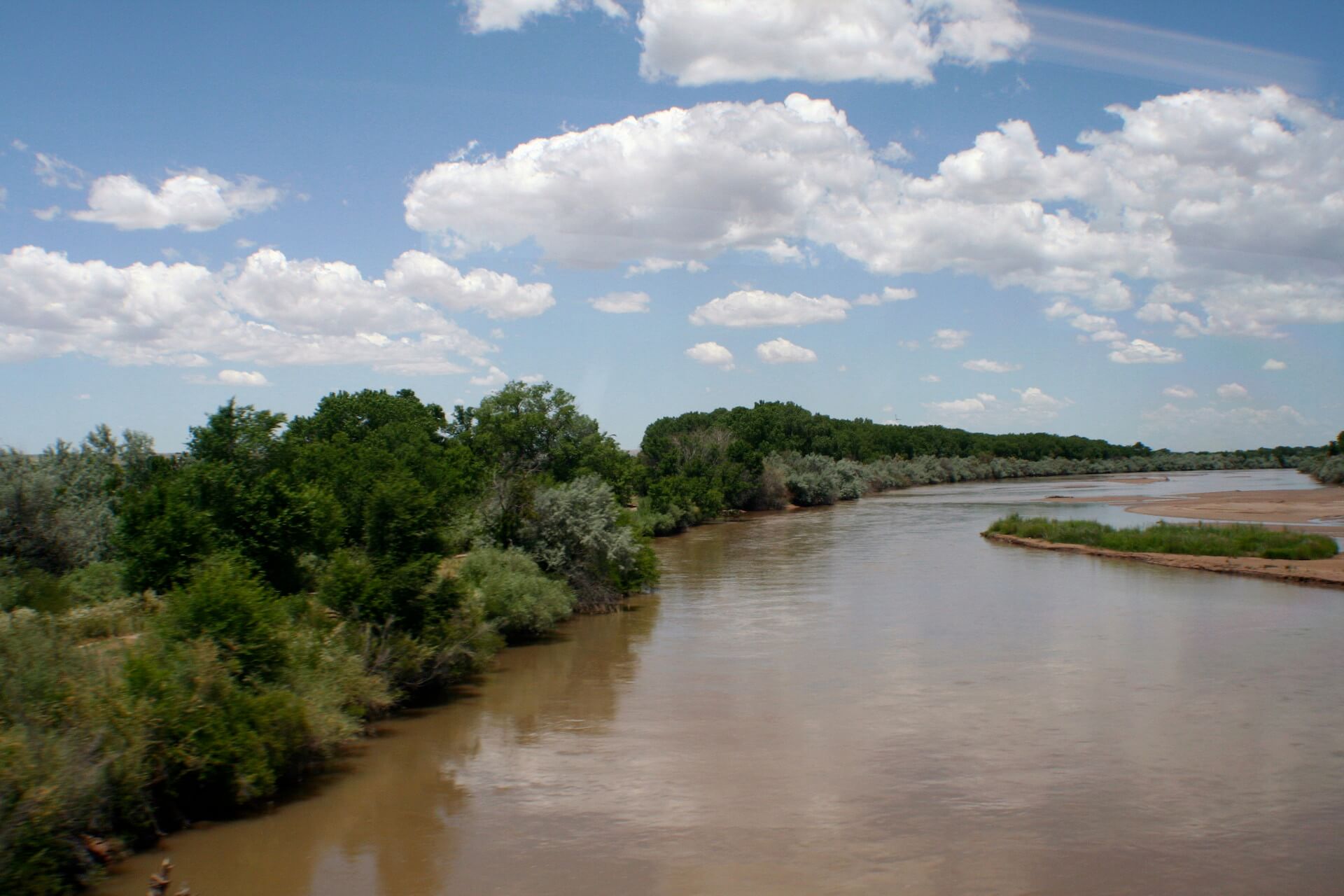On Friday, the Supreme Court rejected a settlement between Western states, Texas and New Mexico, over the management of one of the US’s longest rivers.
The deal between the two states over the Rio Grande’s management cut the federal government out of the deal, giving the two states power over the river and its resources.
The Agreement Between Texas and New Mexico

In 2022, Texas and New Mexico made an agreement that side-stepped the federal government. The 5-4 opinion objected to the agreement because it would impact an international water treaty the US has with Mexico.
In the majority opinion, the court said that they “cannot now allow Texas and New Mexico to leave the United States up the river without a paddle.”
Why the Supreme Court Voted Against the Agreement

“Having acknowledged those interests, and having allowed the United States to intervene to assert them, we cannot now allow Texas and New Mexico to leave the United States up the river without a paddle,” said Justice Ketanji Brown Jackson, reading the majority opinion.
The majority who voted against the agreement include Justices Sonia Sotomayor, Elena Kagan, Brett Kavanaugh, and John Roberts.
… and Those Who Are For the Agreement

Justice Neil Gorsuch, who dissented from the ruling, said the US theory about water management between two states is “so aggressive that New Mexico fears it could devastate its economy.”
Justices Clarence Thomas, Samuel Alito, and Amy Coney Barrett seemed to agree with Gorsuch, voting in favor of the agreement made between the states.
A Struggle for Water

This ruling comes as Texas and other states are struggling for water. The region along the Rio Grande is still in a drought, and water is becoming an issue for the Southwestern states.
Water “is never an issue until there isn’t enough. When there isn’t enough, suddenly everybody starts to look at the various agreements that share this water source,” said Amy Hardberger, a water law professor at Texas Tech School of Law, about the water conflicts to the Texas Tribune.
The Outdated Agreement Between New Mexico and Texas

The dispute around the Rio Grande’s management, known as the Rio Grande Compact, legally binds Colorado, New Mexico, and Texas to share the water in the Rio Grande. The 80-year-old water agreement ended years of water disputes between the three states and how the surface water would be split.
Under the agreement, Colorado must deliver a proportion of water each year to New Mexico at the state line, and New Mexico must deliver a certain amount of water to the Elephant Butte Reservoir, located in southern New Mexico, for Texas.
The Inciting Incident

In 2013, Texas issued a complaint questioning the agreement, alleging that New Mexico was pumping groundwater from the Rio Grande meant for Texas, causing a drop in river levels and depriving Texans of water promised under a 1938 agreement.
Texas accused New Mexico of violating the interstate compact that has controlled water allocations between the states for decades.
A New Compromise

However, Texas and New Mexico came up with a compromise that would allow for more water pumping from New Mexico than the original 1938 agreement stated, but not big enough that it would bleed Texas dry.
However, the US Bureau of Reclamation, which is responsible for overseeing water delivery to the states, did not agree with the allocations as it impacted a 1906 treaty with Mexico.
The US Supreme Court Rejects the Agreement

While a US Circuit judge previously found the proposal between Texas and New Mexico fair and reasonable as it resolved the conflict, the federal government presented several objections to the agreement.
One objection stated that the proposal did not mandate specific water capture or use limitations within New Mexico.
Everyone Needs to Work Together

“You’ve got all these competing responsibilities here that have never been put together in one agreement,” said Gabriel Eckstein, a legal expert on water issues at Texas A&M University.
Eckstein continued: “It’s a number of different projects and agreements that now have to work together so this is why the US government thought to intervene in the dispute.”
New Mexico’s Other Options

New Mexico’s state engineer expressed disappointment that the high court had scrapped the agreement between the state and Texas, emphasizing the need to devise a new solution to address modern-day problems.
“We need to keep working to make the aquifers in the Lower Rio Grande region sustainable, and lasting solutions are more likely to come from parties working together than from continued litigation,” said Mike Hamman, whose office is responsible for administering the state’s water resources (via Associated Press).
The Hope for a New Agreement

This decision could increase the involvement of the federal government in water management, but there could be a chance for the states to renegotiate an agreement that includes the federal government.
“If there’s not enough water coming into the state as a whole, that puts more pressure on the upper part of the Rio Grande,” Alex Ortiz, the volunteer Water Reservoir Chair for the Lone Star Chapter of the Sierra Club, said. “It changes a little bit of the management strategies for reservoirs that might already be struggling.”








































